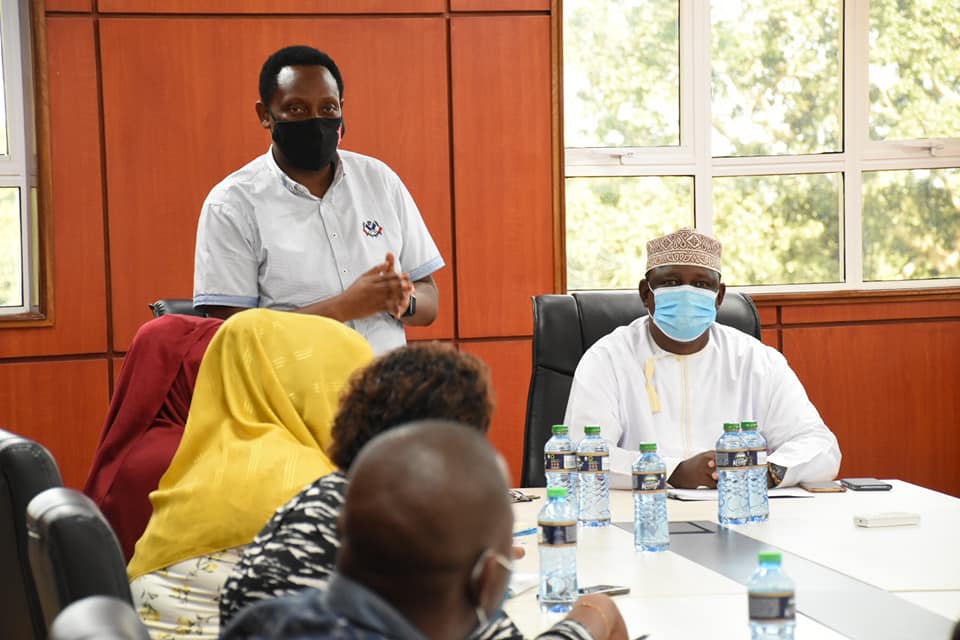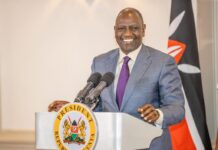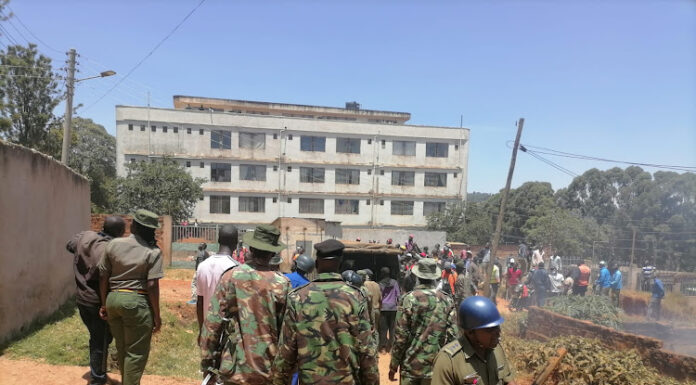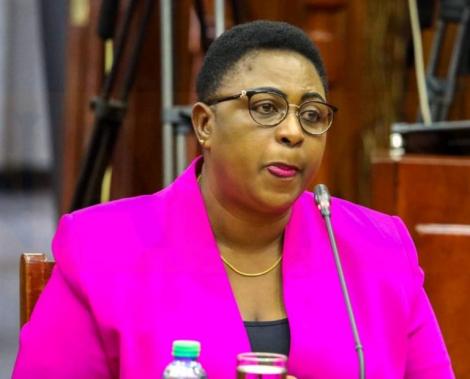
The long standing boundary dispute between Kwale and Taita Taveta counties could soon end following a face to face meeting between Governors Salim Mvurya (Kwale) and Granton Samboja (Taita Taveta) at Kwale county headquarters.
The talks between the two leaders come against the backdrop of recent efforts by the National Cohesion and Integration Commission (NCIC) to peacefully resolve the longstanding border dispute between the two devolved units.
The boundary dispute has been simmering between the two counties with each laying claim to the Kuranze mining zone which is home to several gemstone mines.
The two devolved units are also embroiled in a boundary dispute over the bustling Macknon Road Township along the Mombasa-Nairobi highway with each claiming that it was within their confines.
In the past, Taita Taveta administration’s efforts to start collecting taxes in Mackinon Township has met stiff resistance from Kwale officials who accused their counterparts of trespass.
Both sides often trade accusations of trespassing over the disputed areas that has been the source of tension for a long time.
Taita-Taveta is also involved in similar border disputes with Makueni and Kajiado counties.
“There will be a technical committee comprising of surveyors from both counties co-chaired by Kwale County Lands Executive Saumu Beja and Taita Taveta’s Mwandawiro Mghanga that will seek to resolve the long running border dispute,” announced Mvurya after emerging from the meeting.
The joint committee that would sit for a period of 30 days was unveiled after a high level consultative meeting at Kwale County headquarters in Kwale town.
The meeting was also attended by a host of County Executive Committee members and Members of County Assembly (MCAs) drawn from the two devolved units in the coastal region.
Mvurya announced that the joint committee would make sure an amicable solution was reached within the law leading to a permanent solution over the long border dispute.
“I consulted with my Taita Taveta counterpart and we realized we have a problem which cannot be solved by chest thumping. We then agreed on this alternative conflict resolution formula which is to let technical people lead it while we give the political backing,” said Mvurya.
“We’re positive we’ll reach a favourable settlement because our resolve is to come up with an amicable solution to the boundary issue once and for all,” he added.
The two-term governor termed the closed door meeting as having had “fruitful negotiations” that would in the long run be a good example on how to end county border disputes in the country through peaceful means. “Ours will serve as a model for the rest of the counties,” he said.
The governor asked leaders in the two counties to refrain from preaching divisive and tribal politics but instead preach unity to Kenyans.
He asked residents of the two ‘brotherly counties’ not to be carried away by incitement and divisive politics preached by ethnic demagogues but concentrate on meaningful development.
Samboja said he was excited to be in Kwale at a time when his county recently signed an accord with Kajiado County to resolve a ‘prototype’ long running border dispute.
“Recently, I met my Kajiado counterpart Joseph ole Lenku and agreed in principle to resolve our 50-year-old border dispute peacefully,” said Samboja.
He said he was happy that the leadership of Kwale and Taita Taveta was committed to peacefully resolving the simmering border dispute and tensions.
“We don’t expect the border disputes to strain our relations with our neighbouring counties,” he declared.
The governor noted that boundary disputes should not be allowed to fester and destroy the prospect for economic development in the devolved units.










